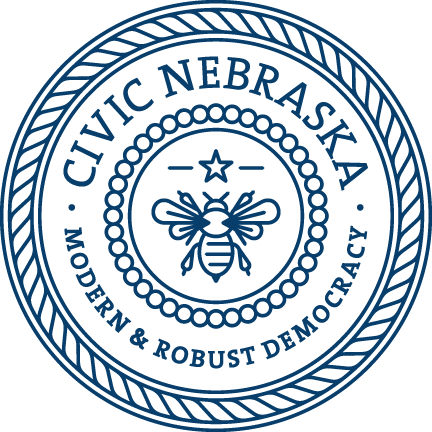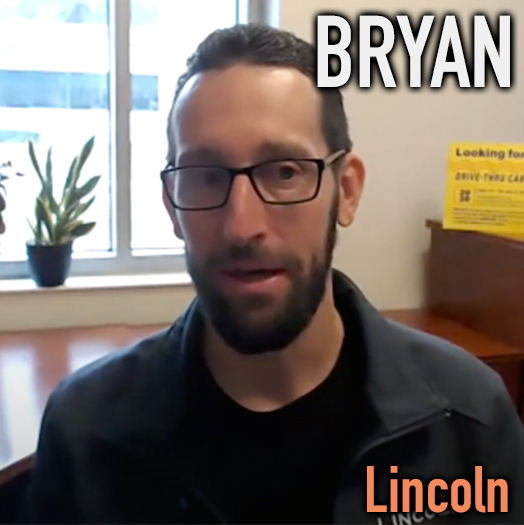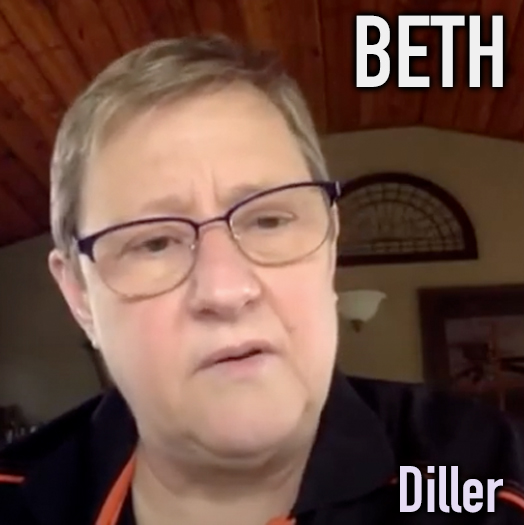Profiles of Civic Health
Social Connectedness in Towns and Cities
Throughout 2021, we’re singling out Nebraskans who fortify their communities’ civic life and asking them how they employ different aspects of civic health – social connectedness, advocacy and engagement, activism, and faith in institutions – to ensure their towns’ and cities’ vibrancy.


